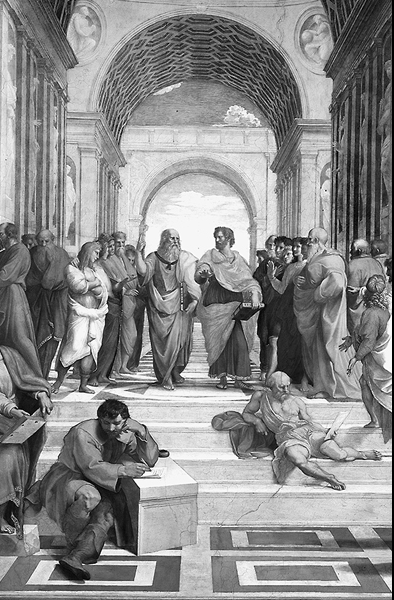In a world characterized by constant change and unpredictability, the wisdom of ancient philosophers and modern spiritual teachers provides valuable insights into the art of living a fulfilled and liberated life. Epictetus, Anthony de Mello, and Fernando Pessoa, each in their own way, emphasize the detrimental nature of attachments and advocate for the pursuit of knowledge as the key to true freedom.
The Stoic philosopher Epictetus, in his Discourses, highlights the profound impact of our choices on our well-being. His assertion that holding anything dear outside of our reasoned choice destroys our capacity for choice underscores the importance of cultivating a mindset focused on what is within our control. By letting go of attachments to external circumstances, individuals can attain a sense of inner freedom and resilience.
Building on the Stoic philosophy, Anthony de Mello, a renowned Indian psychotherapist and spiritual teacher, identifies attachment as the singular cause of unhappiness. Whether it be attachments to people, wealth, status, or a particular lifestyle, de Mello contends that these external dependencies are beyond our reasoned choice. The ephemeral nature of such attachments makes them precarious foundations for happiness, urging individuals to seek contentment within themselves.

Fernando Pessoa, a Portuguese poet and philosopher, delves into the concept of possessions as potential impediments to personal evolution. In advocating for the pursuit of knowledge as the sole possession worth seeking, Pessoa echoes the sentiment that attachments can hinder progress. He aptly notes that possessions, or attachments, can delay one’s evolution and lead to unnecessary sorrow.
In contrast, knowledge becomes the wings that allow individuals to traverse the vastness of the soul unburdened. Knowledge, unlike external possessions, is a limitless and weightless asset that empowers individuals to adapt and thrive in a rapidly changing world. In the pursuit of knowledge, one acquires the tools needed to navigate uncertainty with agility, unencumbered by the transient nature of material attachments.
In the convergence of Stoic philosophy and modern spiritual teachings, the wisdom imparted by Epictetus, Anthony de Mello, and Fernando Pessoa resonates as a guide to liberation from the shackles of attachments. By recognizing the transitory nature of external possessions and focusing on the acquisition of knowledge, individuals can cultivate a mindset that not only withstands the challenges of the modern world but also propels them toward a more meaningful and adaptable existence. In the pursuit of knowledge, we discover the true essence of freedom and the capacity to travel light into the unknown realms of our own potential.


